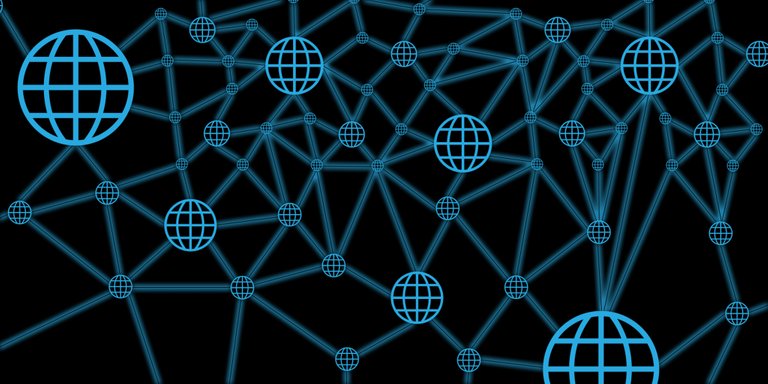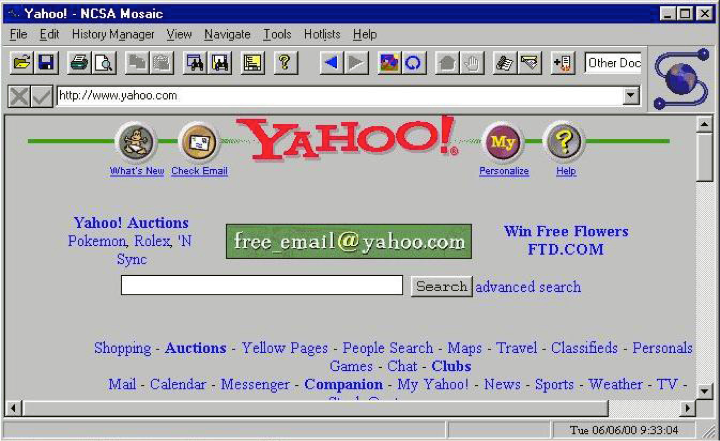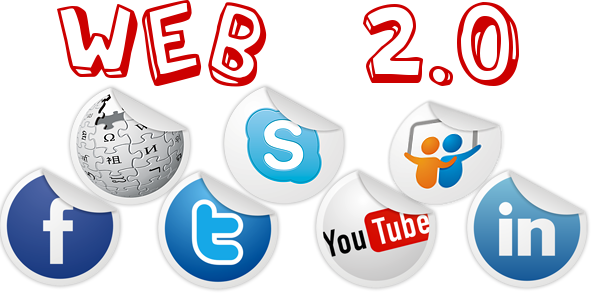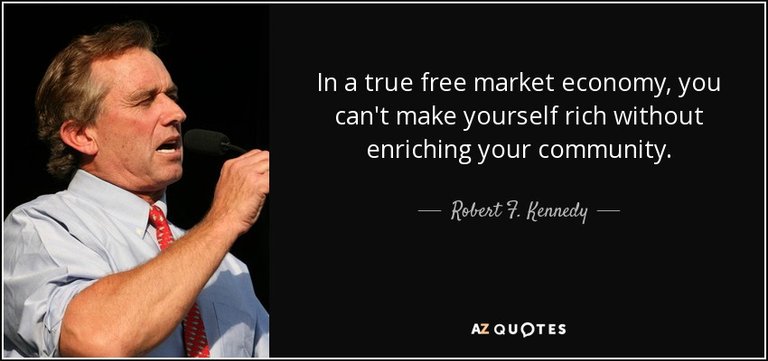
History Of The Web
World Wide Web 1.0
INVENTED in the 1989 by a British scientist by the name of Tim Berners-Lee, was a virtual space where web resources were mapped together with the use of hypertext links, identified as Uniform Resource Locators (URLs). Whilst working at CERN - he developed the first web-browser in order to access the internet. As the internet matured over the next 10 years, it was commonly used for personal static web pages hosted on ISP run web servers, or on free web hosting services such as GeoCities (Thinking back is starting to make me feel old..).
Typical Site Characteristics for 1.0:
- Content of website provided from server rather than a relation database
- Web pages typically developed using Common Gateway Interface (CGI) instead of modern interpreted languages such as Python, Ruby, PHP, Perl etc.
- Custom HTML web elements were used
- Static pages
- Cluttered web content

World Wide Web 2.0
World Wide Web 2.0 websites are built with user-generated content, usability, and interoperability for end users. Examples of this version of the web include video sharing sites (e.g. Twitch, YouTube, and Vimeo), Web applications ("apps"), social media sites (e.g. Twitter, Facebook, LinkedIn, and Reddit), wikis, tagged content within websites, hosted services (SaaS), and many others.

The very first mention of the World Wide Web 2.0 was used by Darcy DiNucci, in her article Fragmented Future (1999). In her article she mentioned the following, "The Web we know now, which loads into a browser window in essentially static screenfuls, is only an embryo of the Web to come. The first glimmerings of Web 2.0 are beginning to appear, and we are just starting to see how that embryo might develop. The Web will be understood not as screenfuls of text and graphics but as a transport mechanism, the ether through which interactivity happens. It will [...] appear on your computer screen, [...] on your TV set [...] your car dashboard [...] your cell phone [...] hand-held game machines [...] maybe even your microwave oven".
Typical Site Characteristics for 2.0:
- Enhanced user experience with interactive media
- Folksonomy, the use of tagging for web content
- Software as a Service (SaaS), commonly known as APIs in the technology industry
- Near-universal web access and user interactivity
Future Of The Web
More than 20 years has gone by since the dawn of the internet and a lot has been learnt. Large internet based companies have fallen and others have risen to become market dominators with their service offerings. Additionally, governments have intervened and started putting in place laws to restrict user access to various types of content across the world wide web we see today. Monster like corporations have used their software to keep people hooked to their sites and ensure there is no market share for the smallest player. It has always been about the benefit of institutions and not the people, and as a result people have become 'slaves' to this system. I too, am a slave to this system, we all are.

Now is a time for a new system or possibly systems, where it is not about the power hungry governments, institutions, and corporations, but really the people who use them. Decentralised systems that are not managed or dictated by a minority but rather the majority, whereby a democratic consensus is in place, and a free market that is truly free. A free market that permits the failure of companies and or public projects (i.e. open-source projects), not bailing them out because some one or two persons have an invested interest in the matter. Creating markets that are eventually stable and profitable overtime not constant devaluation peoples hard earned assets.

Thank you for reading! Let me know what you think in the comments below even if you didn't like it! If you liked this post please like it, resteem, and follow!
The Dajboz
Donate:
BTC: 19YAzVseMr4iTiZ9SN5Yqk6RM4Z4VeGcD8
ETH: 0xd01319806efce5677b9474e0d7aa2af162e69211
LTC: LdceaB9BBnvj5cztsj3oVD9XLncuDw7CH7
DASH: XsUXy6BAJJKwb7HLhu6aTpydLqBZ7774C4
hey! you say that you think the future of the web will be decentralised (which i really hope it will be), but how do you envision this? I have read on a lot of sites that they expect future blockchains to function away without the internet, but not really sure how this is meant to work. Any insights?
The internet will always be there as it essentially is processed through telephone lines. My point is really, instead of going through Google to search, you will perhaps look at decentralised distributed computing solutions whereby they are not controlled by anyone but the public. Thanks for commenting! Let me know if that made sense!
ah okay! yes thanks for the reply :) i agree 100% with you on that. I already try to not use google but rather other search bars such as DuckDuckGo. But yes a decentralised future is, of course, much better!
Hey! I was hoping on
What happened? :P
Haha technically Web 3.0 already exists, didn't want it to get too in depth as I want it to appeal to all readers not just techies!
Oh I think however that just what the steemit community loves is forward looking ideas! Decentralized web: IPFS, blockchain, how fast steemit and bitshares transactions are. All that stuff is exciting!
What an amazing post!!
Post is quite educational and inspirational to newbies that are just learning the history of Internet... I'm still impressed with details. Upvoted and followed. And if you think Internet has a bright future... Especially with decentralized technology. I suggest reading my post about security of decentralized hosting (steem as example) and it's bright future.
https://steemit.com/steem/@murda-ra/steem-inc-future-total-transparency-platform
Best regards,
Digital Lucifer
Congratulations @the.dajboz! You have received a personal award!
Click on the badge to view your Board of Honor.
Do not miss the last post from @steemitboard!
Participate in the SteemitBoard World Cup Contest!
Collect World Cup badges and win free SBD
Support the Gold Sponsors of the contest: @good-karma and @lukestokes
Congratulations @the.dajboz! You received a personal award!
You can view your badges on your Steem Board and compare to others on the Steem Ranking
Do not miss the last post from @steemitboard:
Vote for @Steemitboard as a witness to get one more award and increased upvotes!